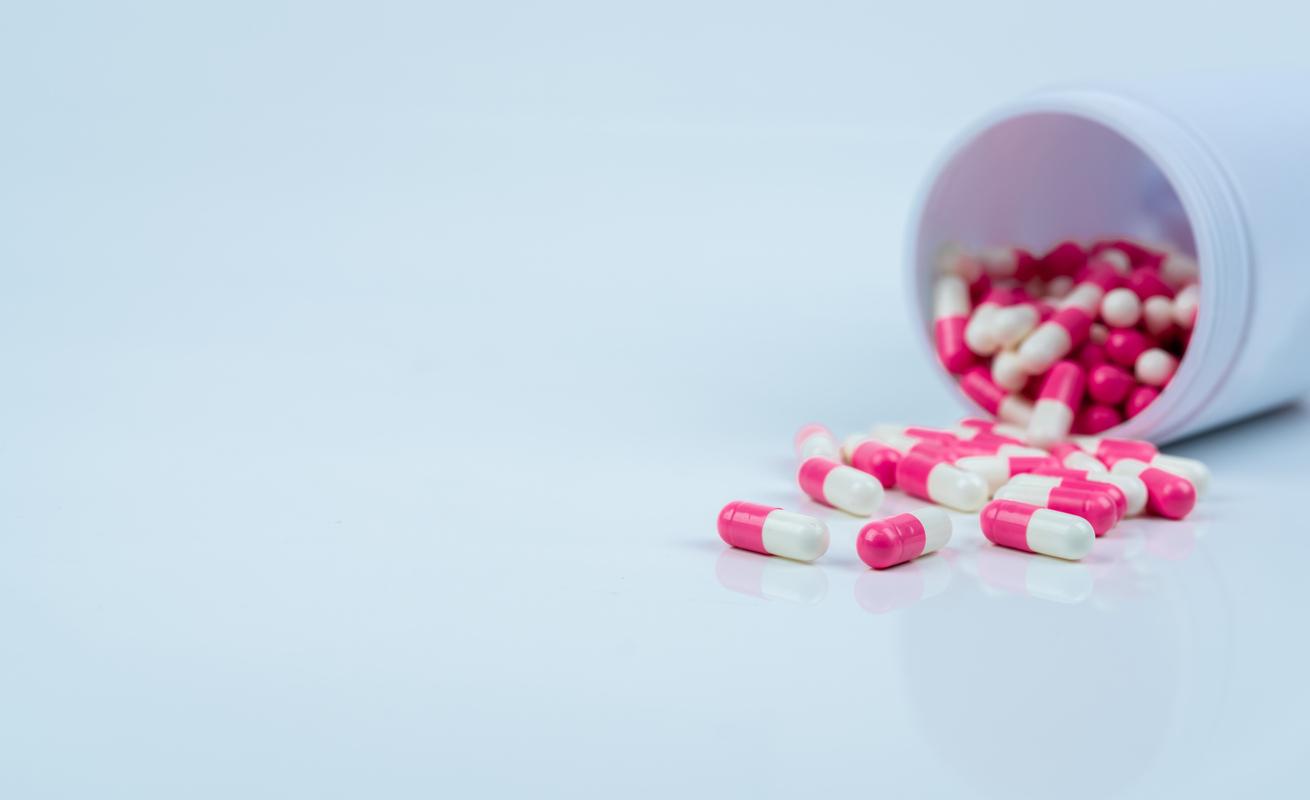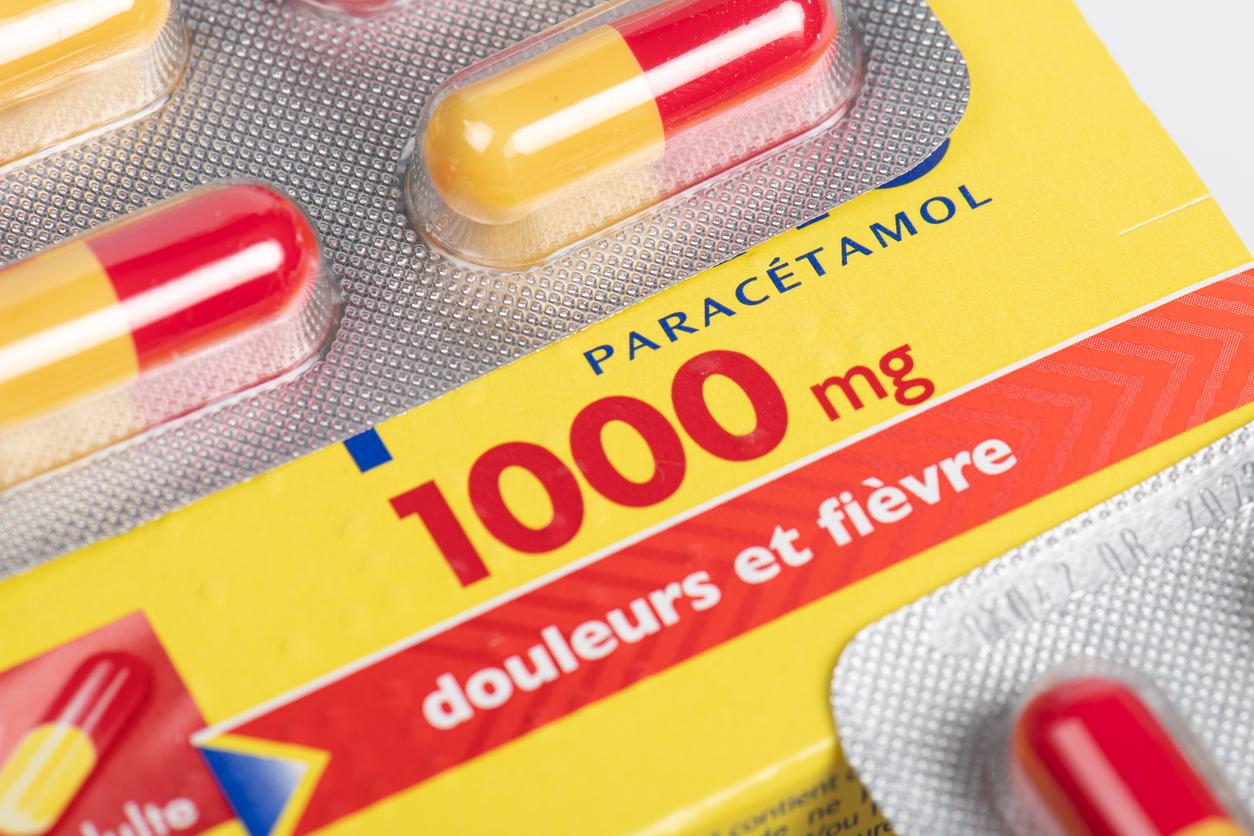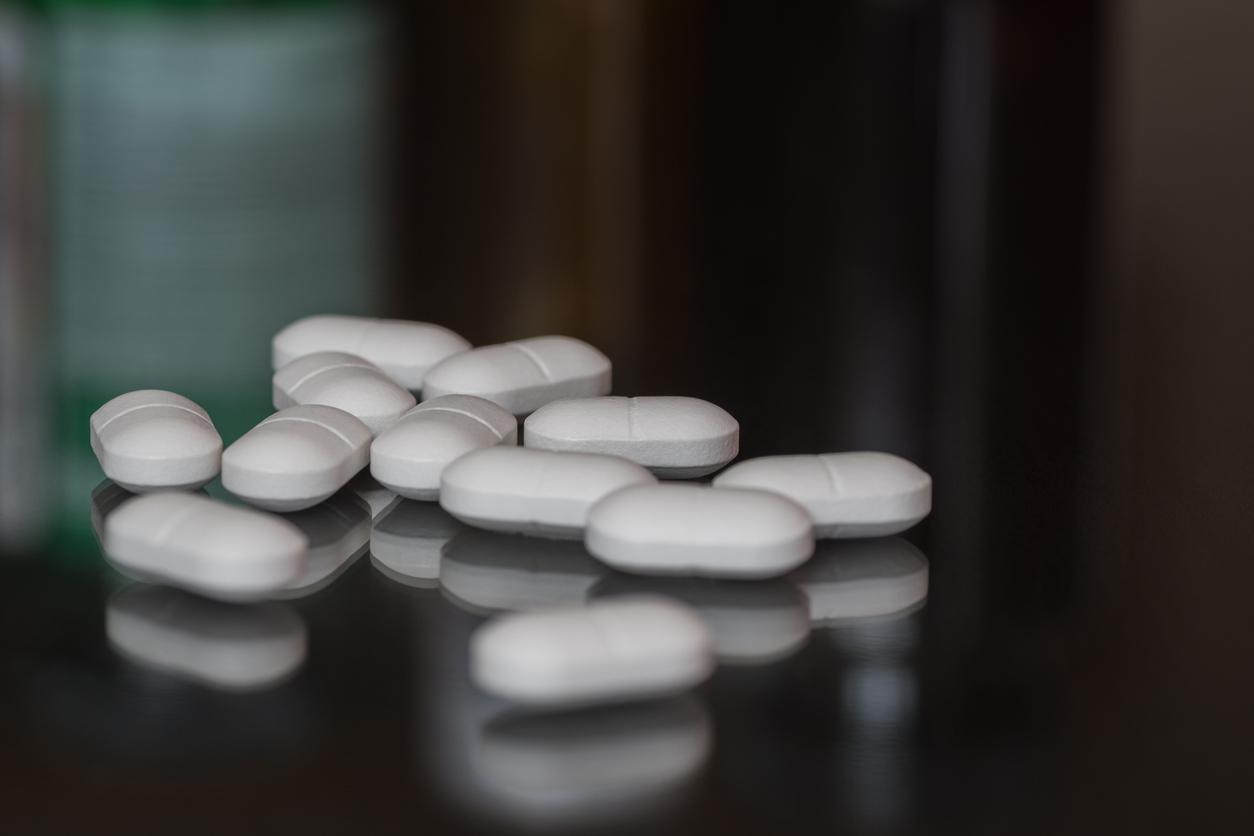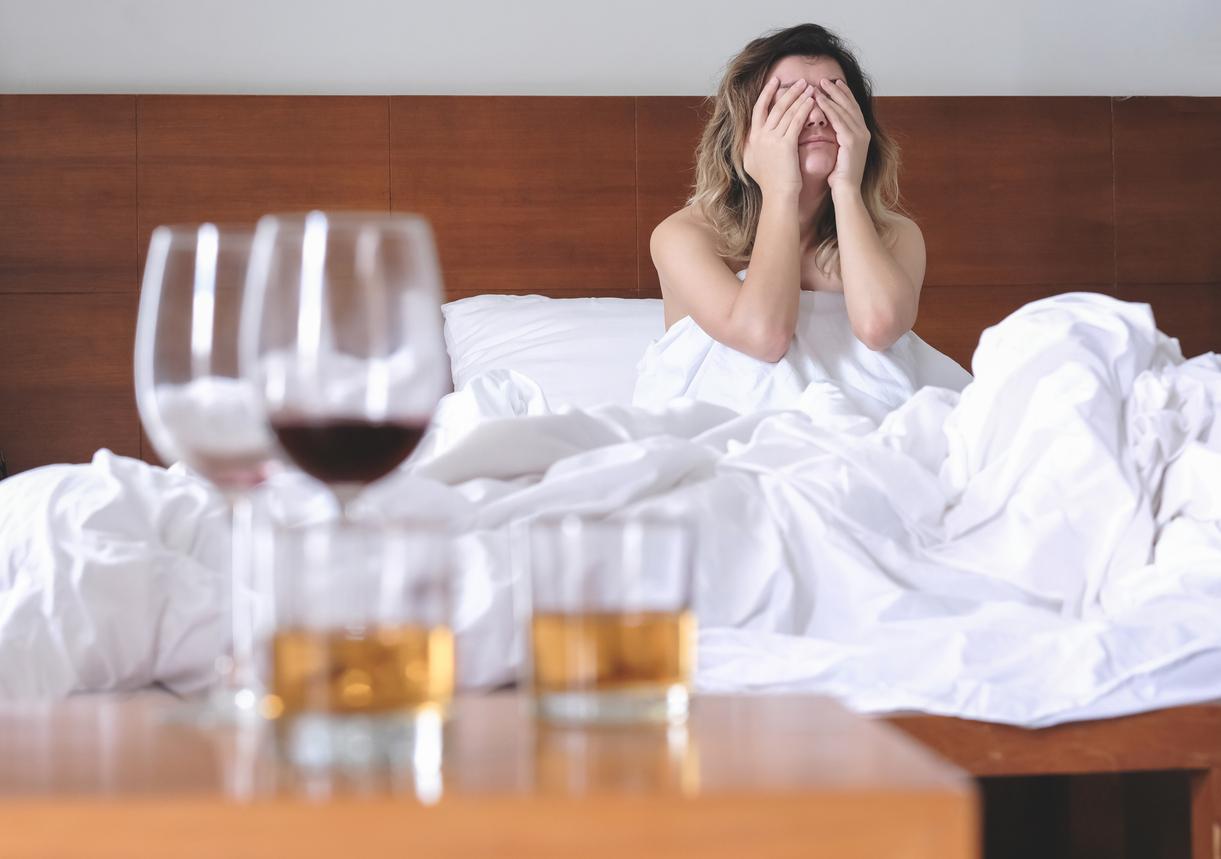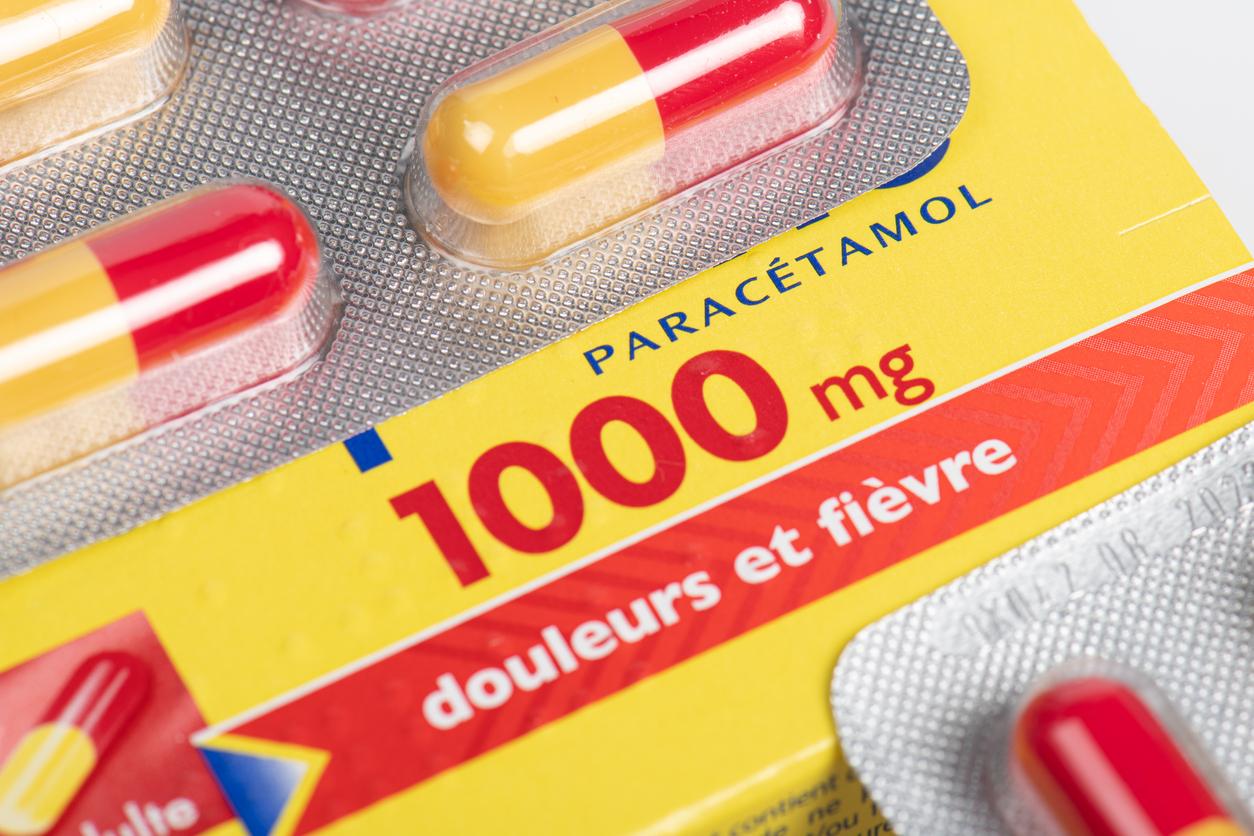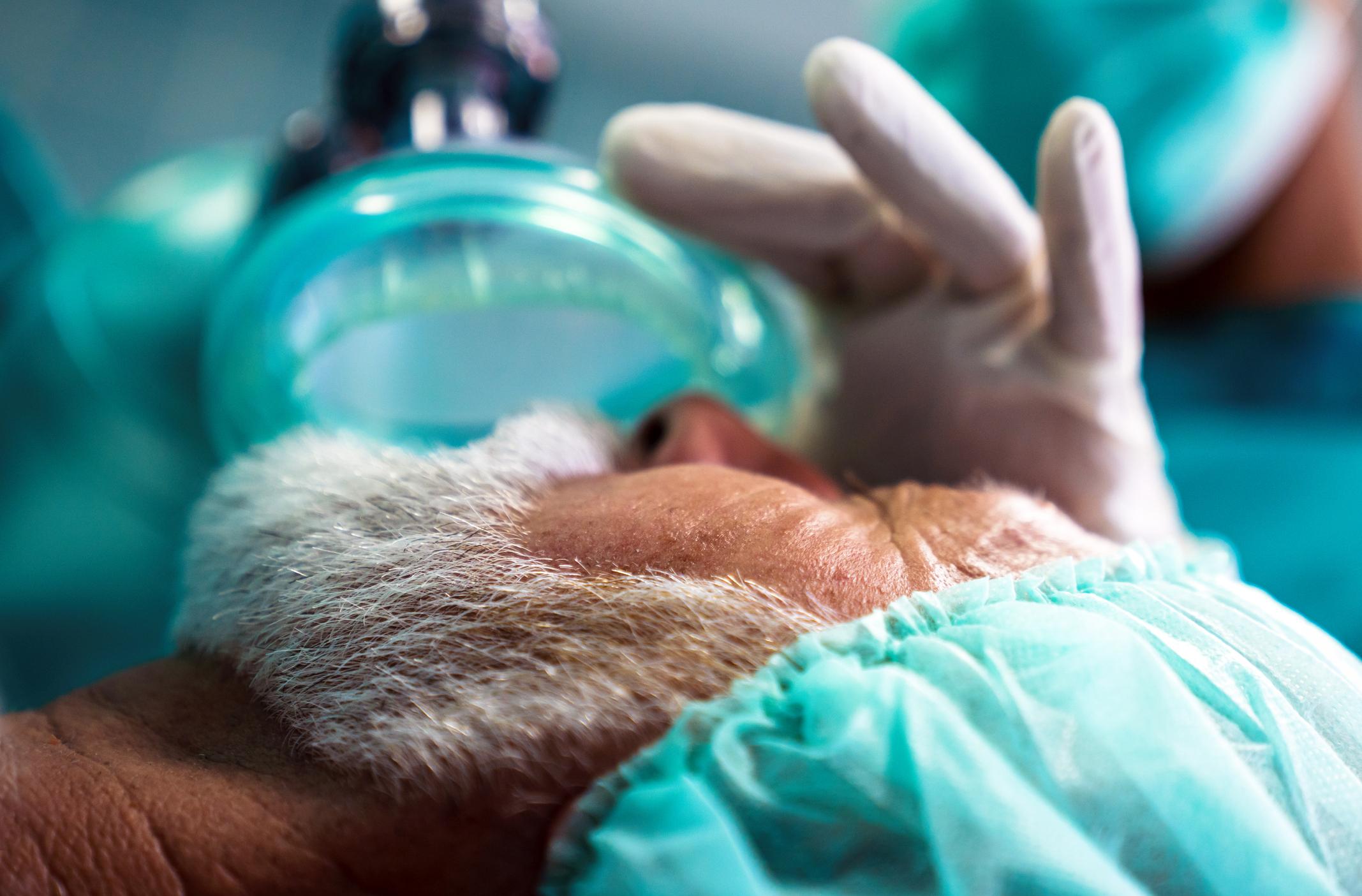The UFC-Que Choisir has created controversy by accusing pharmacists of delivering toxic doses of paracetamol in one out of four cases. A contradictory and dependent communication according to Gilles Bonnefond, president of the UPSO (Union of Pharmacists’ Syndicates of Officine).
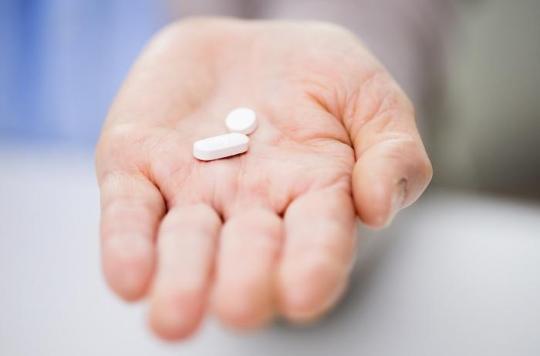
The UFC-Que Choisir sent “investigators” to 772 pharmacies in 16 French agglomerations, giving them the task of buying two drugs which both contain paracetamol and which are therefore not recommended to combine (Doliprane 1000 mg and Actifed Cold day and night).
The association states that “in 86% of cases, the dispenser has warned of the dangers of a combination of these two products” but “54% of pharmacies have advised a dose (of paracetamol) greater” than three grams per day, and “24% a dose greater than 4 grams”.
Gilles Bonnefond, president of the UPSO (Union of Syndicates of Pharmacists of Officine), brings to PourquoiDocteur his light on this “case of paracetamol”. He denounces the inconsistency of a dependent communication and contradictory conclusions.
How do you explain such a discrepancy between the figures taken up by the media and those of the UFC-Que Choisir survey?
Gilles Bonnefond: “If we look at the survey, we see that it is written there that, from the outset, 87% of pharmacists did their job correctly by indicating the maximum doses of paracetamol and by drawing attention to the dosage. Similarly, 93% of pharmacists, following questions asked by a patient, draw their attention to the said dosage.
As for the controversy of “3 or 4 grams” maximum, remember that 4 grams is an authorized dosage, that paracetamol is delivered in boxes of 8, which does not correspond to long-term use, so that it does not there is no risk of liver toxicity.
We are therefore far from the figures taken up by the press, according to which “25% of pharmacists recommend harmful doses of paracetamol”.
GB: We are faced with the instrumentalisation of a survey which, on the one hand, warns about the safety and quality of the dispensing, and on the other, supports the trivialization of drugs by offering their sale in supermarkets.
All this taking place a few days before the presentation of the law on companies “Loi Pacte” whereas the survey itself was carried out in November 2017. The presentation of the figures of this survey is only disinformation and transformation of the ‘information. Its only advantage is to remember that paracetamol is not an ordinary drug. “
With this law, some hope to be able to deregulate the pharmacy and remove the monopoly of pharmacies on drugs.
GB: The strategy behind it is simple: the exit of an investigation, with titles and conclusions pre-prepared for the press articles which only have to be transcribed. It is an instrumentalisation of the mainstream press. Especially since the press conference was held remotely, by telephone.
Is it possible that it was the pharmacy preparers and not the pharmacists who were at the origin of the associations denounced?
GB: The preparers work under the responsibility of the pharmacists. There are 51,000 pharmacy graduates working in 22,000 pharmacies, control exists and is present.
The more so as the preparers also have a specific training on drugs, lasting 2 years during which pharmacology, galenic, legislation, the execution of prescriptions are taught to them.
There is no bias: bad recommendations do not come from preparers, 7% of pharmacists did not do the job, it is their responsibility and not those of pharmacists.
What should be learned in practice from this unfortunate affair?
GB: What we suggest to Agnès Buzyn is that as soon as a patient enters a pharmacy, he is not on self-medication but he “enters a course of care” within which he can be referred, advised, redirected to a doctor or emergency.
We propose to better organize this course of care; to make people aware that it is a real course of care, not to give in to marketing operations and advertising; that it is a way to free up medical time and to relieve the emergency services which do not have to deal with colds and gastroenteritis, because it is an abnormally high cost and time spent.
A gateway to the healthcare system could be the dispensary.
I remind you that no medication is over-the-counter, because all medication is dispensed in a pharmacy.
Advice in #pharmacy : the usual dose of #paracetamol, it is 3 g and not 4g / day! #health #medications https://t.co/Ephk6suuiK
– UFC-Que Choisir (@UFCquechoisir) March 27, 2018
.







